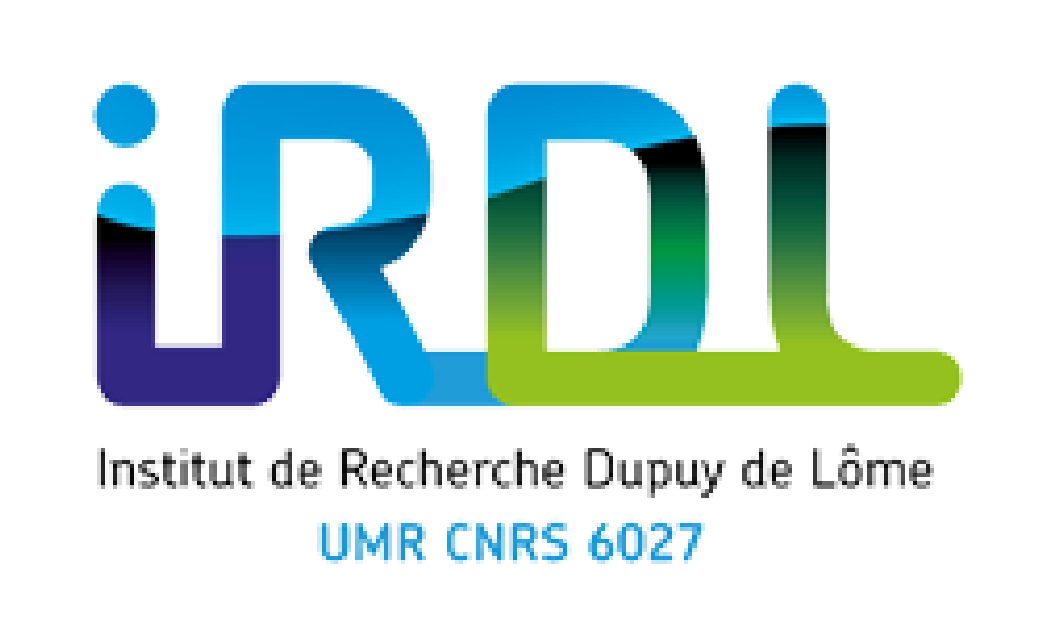L’article « Frequency separation-based power management strategy for a fuel cell-power power drone » co-écrit par Mohamed Nadir Boukoberine, Zhibin Zhou, Mohamed Benbouzid et Teresa Donateo a reçu le Prix IEEE SPIES 2020 du meilleur article (http://www.icspies.org/). C’est le premier résultat d’une collaboration fructueuse entre l’Université de Brest et l’Université de Salento.
Abstract
This paper deals with fuel cell-powered drones power management while targeting fuel cell lifetime extension. In this context, a hybrid system topology, based on a fuel cell, a supercapacitor, and a DC/DC boost converter, is adopted so as to achieve a high efficiency lightweight drone platform. System components are first sized according to the drone mission requirements and the electric sources characteristics. For power management purposes, a frequency separation-based approach is adopted to share the requested power between the two sources. Indeed, the flight power demand profile is split into high and low frequency components. In this context, the fuel cell is controlled with the DC/DC boost converter to handle low frequency components while the supercapacitor supplies or absorbs all the power peaks. Simulations are carried out using a real power profile extracted from an experimental flight test of a small hexacopter. The achieved results clearly show that the proposed power management strategy enables extending the fuel cell lifetime inducing faster response and therefore improving the drone maneuverability.

